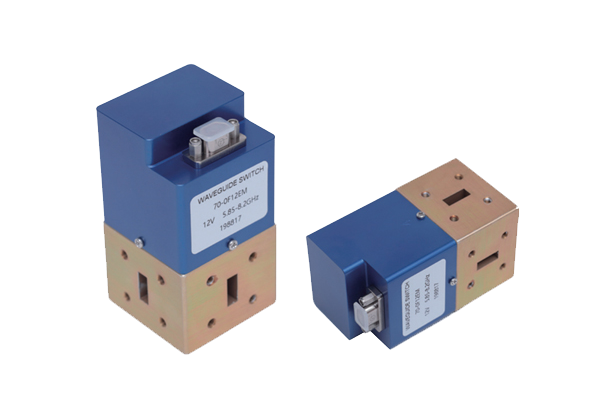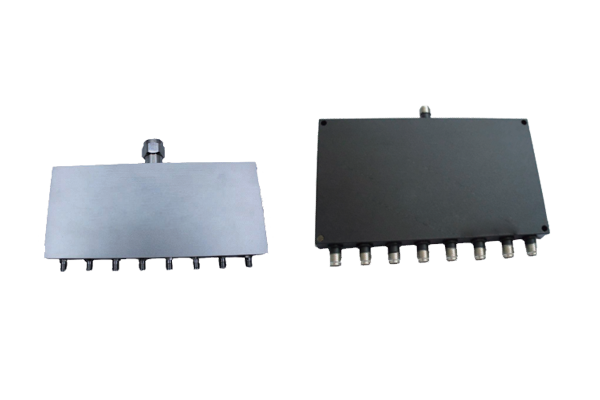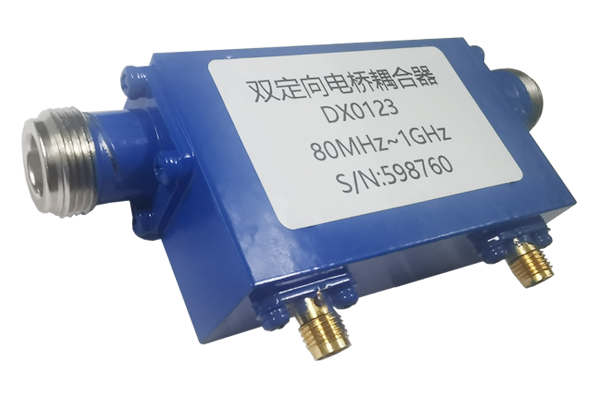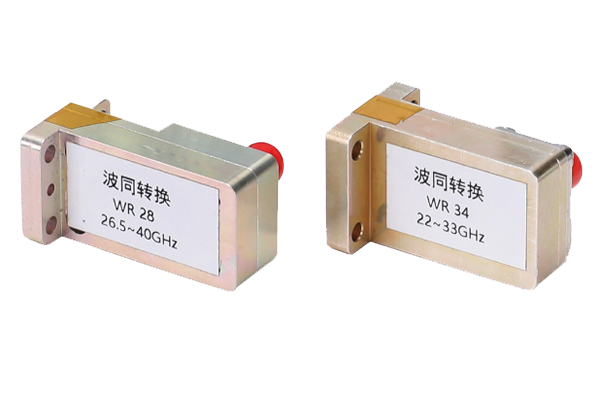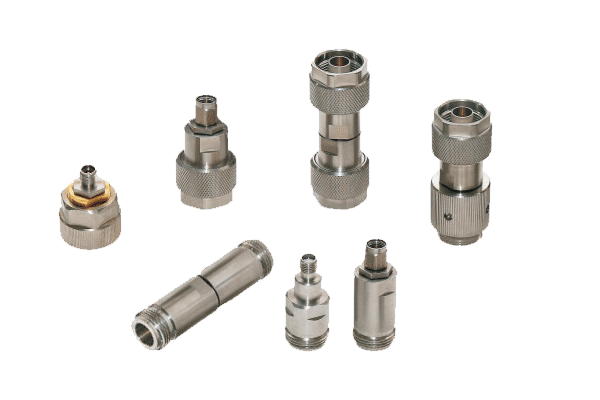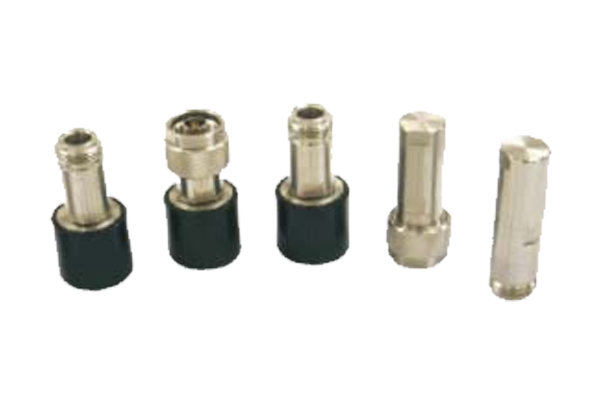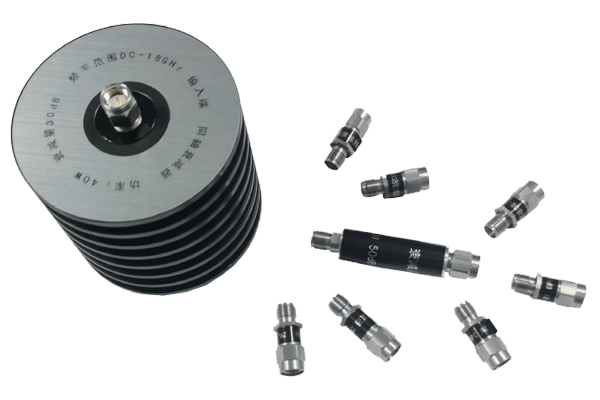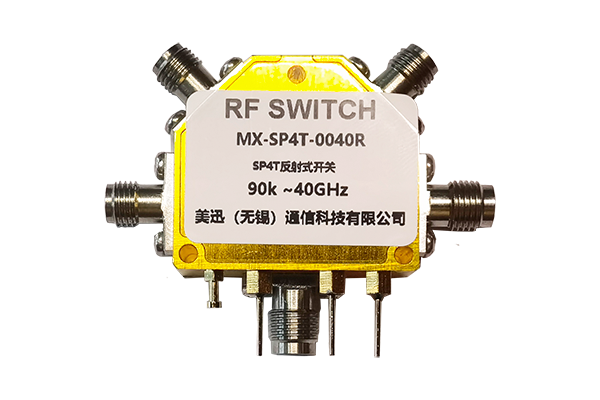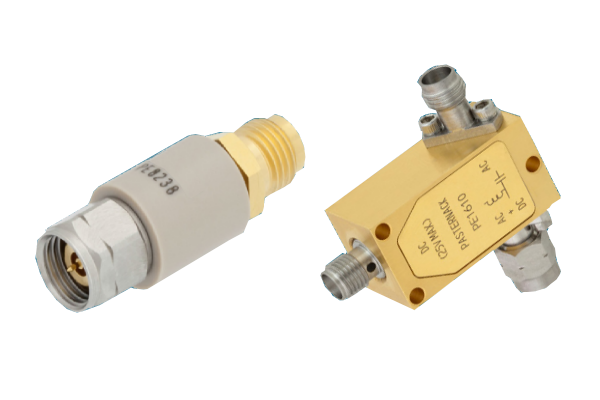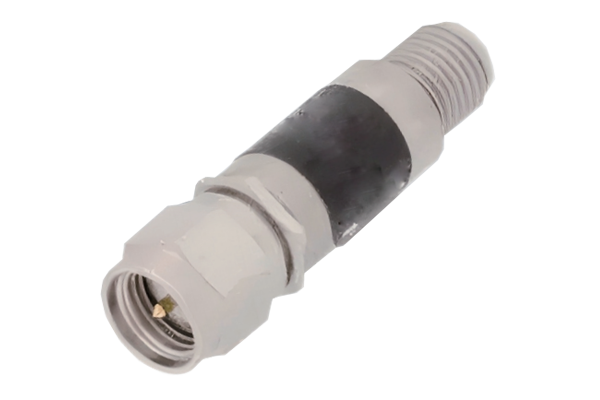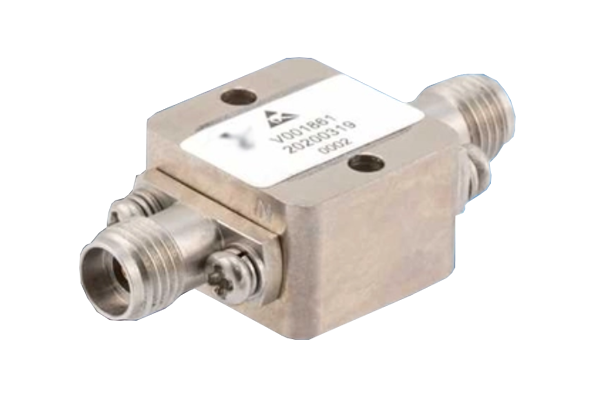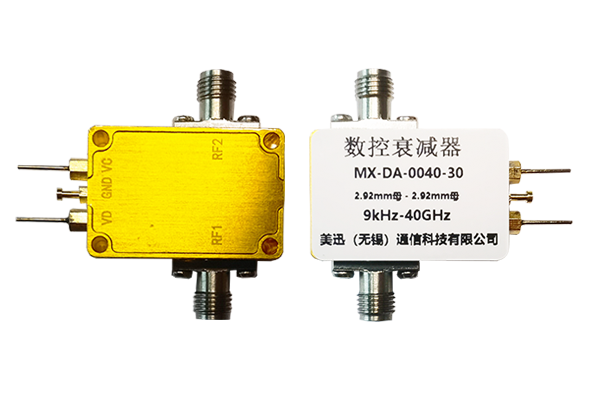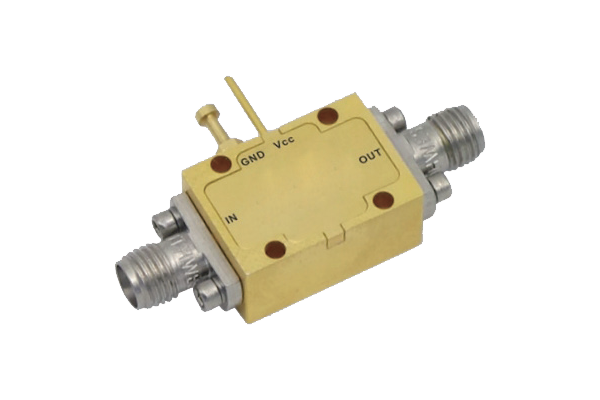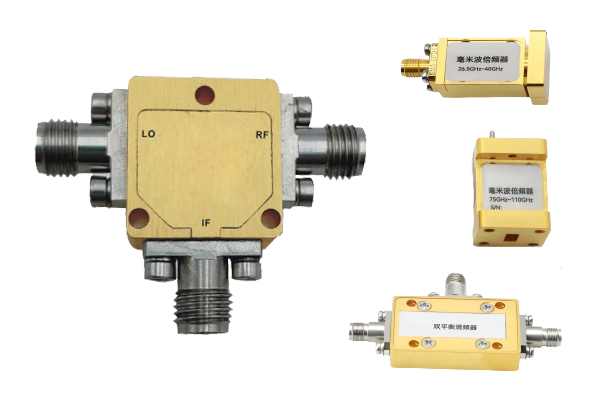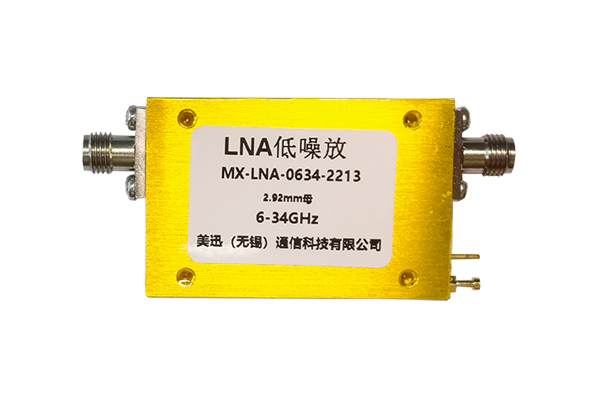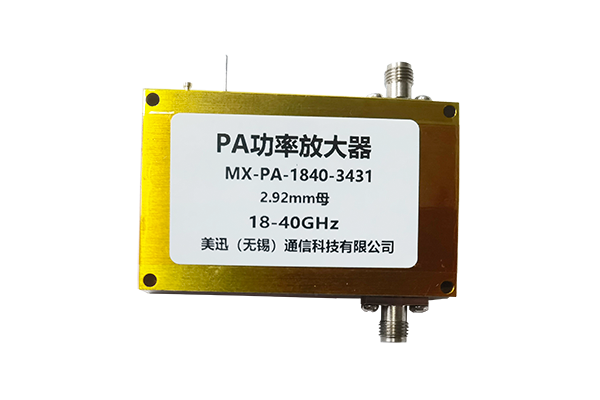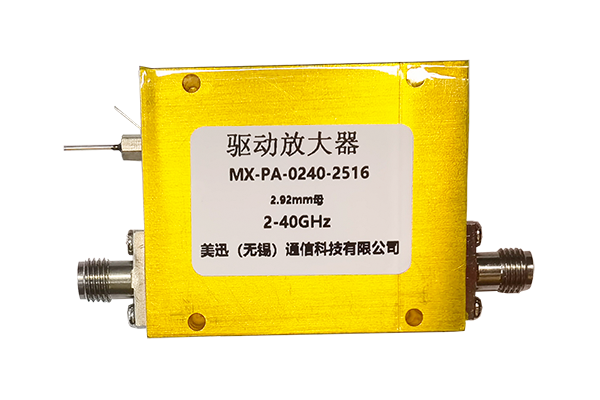How does the grounding method of coaxial switches impact their performance
Coaxial Switch Grounding Impact on Performance
The grounding method of coaxial switches significantly impacts performance by influencing signal integrity, noise suppression, and safety. Proper grounding is essential for optimal RF system operation.
Signal Integrity Considerations
Grounding directly affects impedance matching and signal quality in RF systems.
- Inadequate grounding introduces parasitic inductance/capacitance, causing impedance mismatches
- Results in VSWR degradation and signal reflections, especially at >1 GHz
- Dedicated ground plane or star grounding in multi-port designs maintains consistent 50Ω impedance
For radar and phase-sensitive applications, maintain phase coherence through uniform grounding across all switch ports.
Noise Suppression Techniques
Proper grounding strategies are crucial for electromagnetic interference mitigation.
- Poor grounding creates ground loops, amplifying EMI from external sources
- Single-point grounding strategy reduces noise by breaking loops
- Solid shield connections (welded/soldered) maintain continuous EMI blocking
In mixed-signal environments, separate analog and digital grounds with a single connection point to prevent noise coupling.
Thermal and Mechanical Considerations
Grounding affects both thermal management and mechanical stability.
- For high-power switches, grounded metal chassis aid heat dissipation
- Prevents overheating and component degradation
- In harsh environments, galvanic grounding prevents corrosion
- Rigid fixtures resist vibration-induced ground instability
High-Frequency Grounding Solutions
Special techniques are required for microwave frequency applications.
- At high frequencies, multi-point grounding (via vias) lowers inductive reactance
- Critical for microwave applications (e.g., 50 GHz)
- Reduces ground plane impedance at RF frequencies
Use closely spaced ground vias (λ/20 spacing) around coaxial connections to maintain low impedance at microwave frequencies.
Overall Impact
Robust grounding enhances system performance in multiple dimensions:
- Signal fidelity: Maintains impedance matching and reduces reflections
- Interference reduction: Minimizes EMI/RFI effects
- Reliability: Ensures stable operation across diverse environmental conditions
- Safety: Provides proper current return paths and equipment protection




